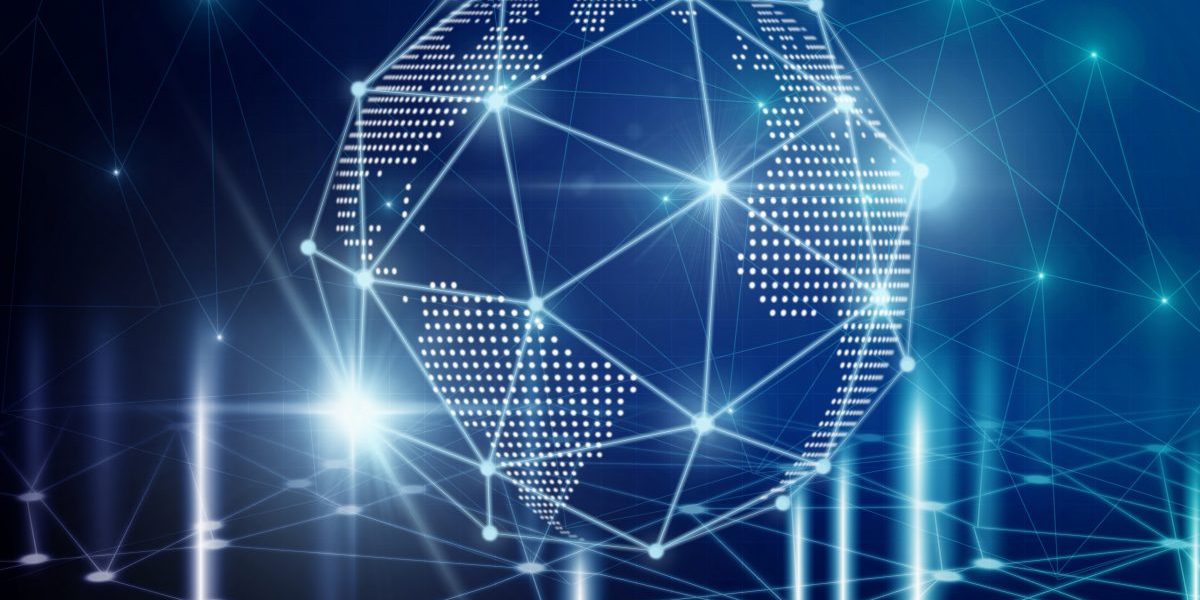The digital era has led to changes in our everyday life from how we consume products to how we digest news. Indeed, the advent of social networks has meant that anyone can access information freely and in real time. With the ability to connect with audiences with a simple click, both citizens and politicians have found new methods for their messages to travel far and wide. Consequently, the hyperconnected nature digital world has made it easier to influence electorates with new and unconventional methods.
The use of social media and networks has changed the nature of political communication and engagement – both globally and in Africa. In the context of a global crisis of democracy, this has resulted in a tectonic shift in the way voters are influenced and how political leaders are now elected. Whereas technological platforms were initially seen as a force for greater accountability in the likes of Egypt where the right to tweet became synonymous to the right to rebel and enabled citizens to hold under-performing and autocratic governments to account, they have since taken on a more sinister dimension in many countries. The short-circuiting of democracy and the coarsening of political discourse — including the realisation that “lies don’t matter to people who will believe anything” , has been exploited for political gain. This has resulted in a climate of heightened polarisation.
Whilst there remain positive elements to social media, including the ability to foster and accountability and transparency between citizens and their governments, there is now a risk of negative factors surpassing these benefits. Indeed, in the wake of the scandal over the misuse of user data by Cambridge Analytica, Facebook has now been branded a threat to democracy.
Join our distinguished panel as they discuss these issues and unpack how best we can safeguard our democracies!
Breakfast followed by panel discussion.


